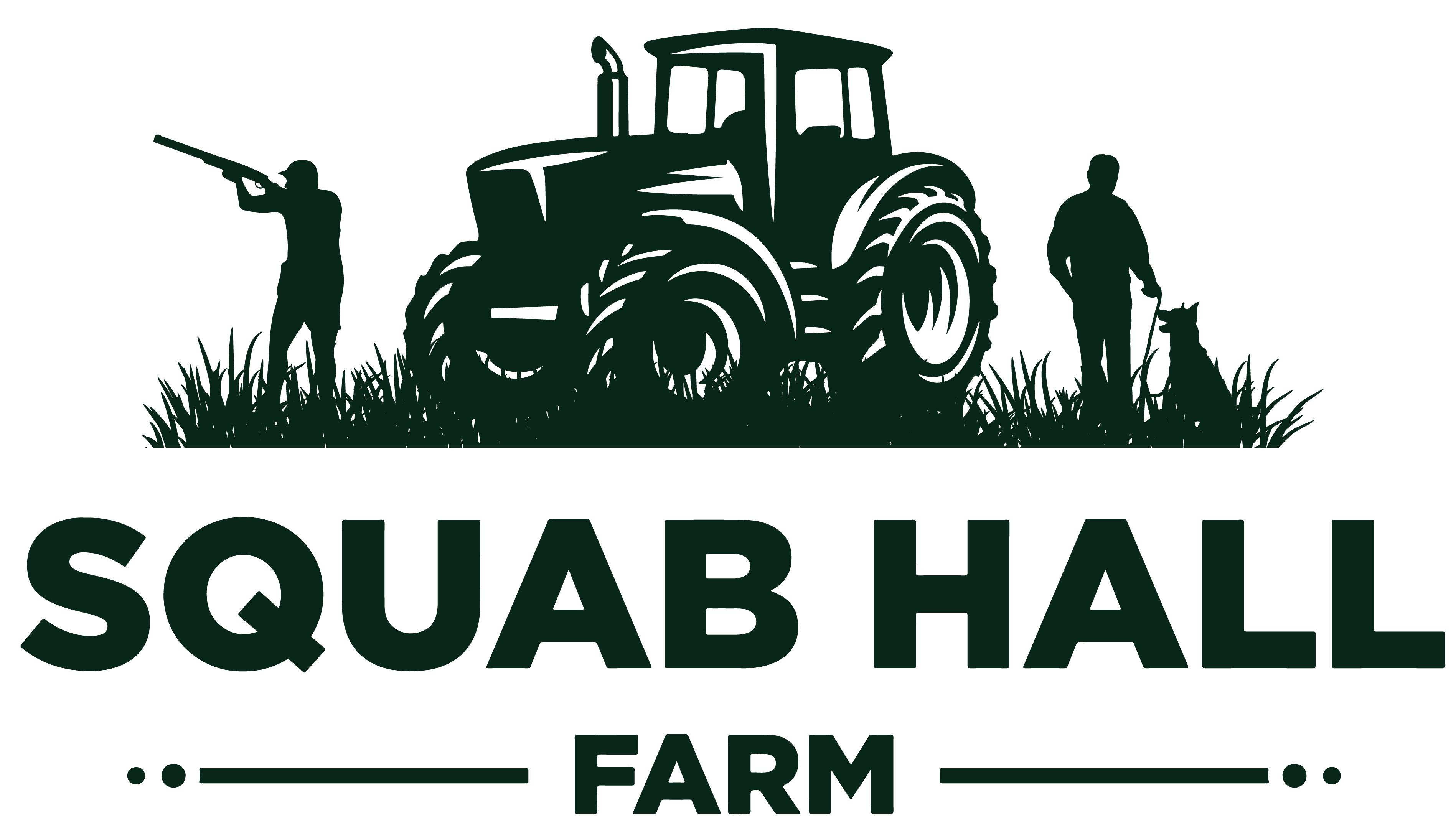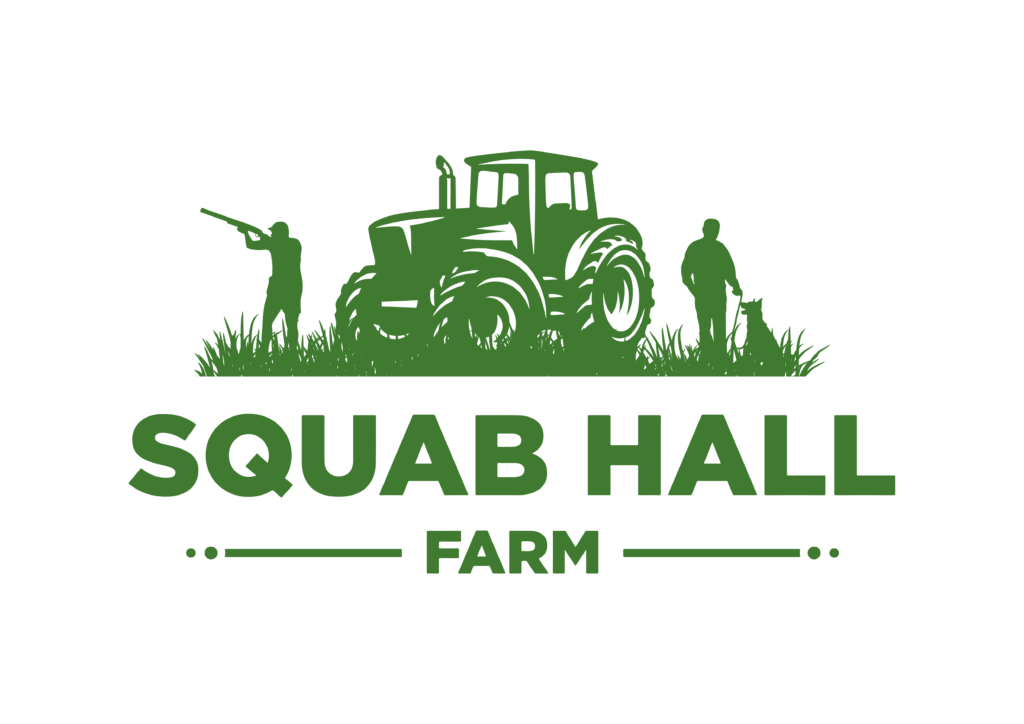In the UK, farming is not just about food production; it’s increasingly about delivering social value—benefits that enhance community well-being and environmental health. This shift is reshaping the role of agriculture in society.
Understanding Social Value
Social Value represents a comprehensive approach to understanding value, extending beyond financial measures to emphasize the impact of decisions on people’s lives. It prioritizes engaging with communities to grasp how these decisions affect them, putting a strong focus on the perspectives and experiences of the people involved.
The Social Progress Index is the first way we can measure a country’s social performance exclusive of economic factors. The index is based on 12 factors, which fall under the headings of Basic Human Needs, Foundations of Wellbeing and Opportunity.
Social value in agriculture means considering the impact of farming practices on the environment, local communities, and the economy. It’s about creating positive outcomes beyond the farm gate.
The Key Areas of Social Value in Farming are:-
Environmental Stewardship
UK farmers are turning to sustainable practices like organic farming and regenerative agriculture. These methods enhance biodiversity, improve soil health, and help manage water resources, contributing directly to environmental conservation.
Community Engagement
By connecting with local communities, farms enhance their social value. This includes selling directly to locals, participating in farmers’ markets, and offering educational visits. These interactions boost local economies and educate the public about sustainable agriculture.
Health and Wellbeing
Farms contribute to public health by providing fresh, nutritious produce. Additionally, some farms offer therapeutic activities known as ‘care farming,’ which supports mental health and social inclusion.
Economic Impact
Focusing on local markets, farms help retain economic benefits within their communities. This approach supports local employment and reduces food miles, strengthening regional food systems.
The Future of Social Value in Farming
With policies like the Environmental Land Management scheme promoting sustainable practices, UK farming is poised to increase its social contributions. This aligns with growing consumer interest in ethical, environmentally friendly products.
In essence, the future of farming in the UK involves more than cultivation—it’s about nurturing land, life, and community. As the sector evolves, its role in building a sustainable, socially responsible society becomes more pronounced, making farming an essential pillar of social and environmental progress.


